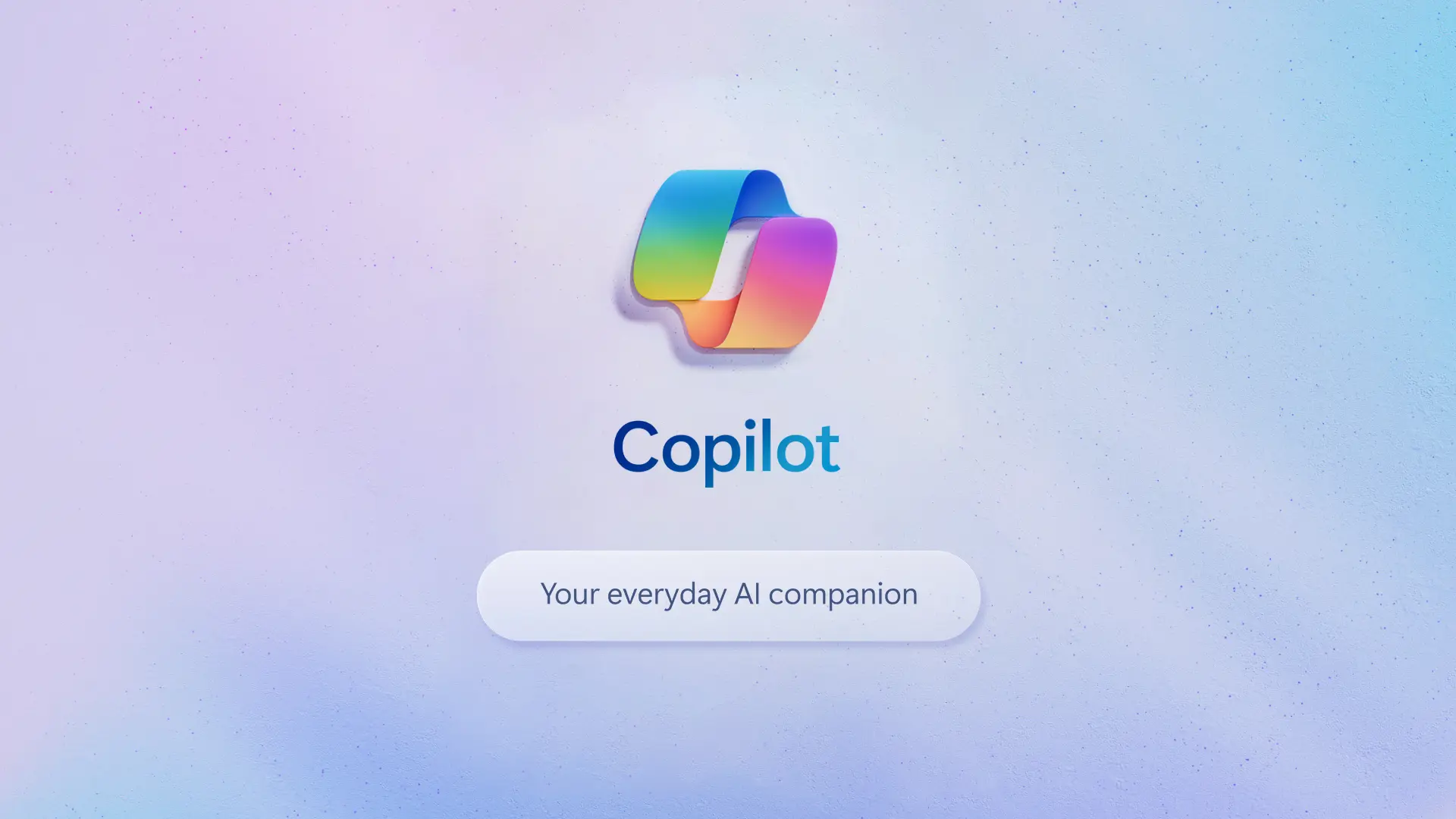Parts 1 to 3 in this series can be found here:
The Agile Dilemma – Sustaining the Momentum of Change
Modern Workplace Technologies Key to Success
Part 4 below covers the key issue of Leadership in a VUCAD world.
Supporting previous research in this area, the Roundtable agreed that successful transformation requires the effective integration of strategy, people, processes, systems, organisation, culture AND technology.
What does this mean for leadership in a VUCAD world – Volatile, Uncertain, Complex, Ambiguous and Digital?
Even before the COVID-19 pandemic, research evidence was pointing to a growing crisis of digital leadership – see Agile Leaders of Change for the Digital Era.
A more recent study by MIT New Leadership Playbook for the Digital Age concluded that only 12 percent of the senior executives surveyed ‘strongly agreed’ that business leaders in their organisation have the right mindsets to lead in an uncertain world. Only 9 percent agreed that they had the skills at the top of their organisation to thrive in the digital economy.
“A generation of leaders in large companies are out of sync, out of tune, and out of touch with their workforces, markets, and competitive landscapes. What got them to their current exalted status won’t be effective much longer – unless they take swift action.”
As stated by Wharton Dean Geoffrey Garrett in a recent opinion piece.
“In an era of ‘pervasive uncertainty’ we need to turn our traditional thinking about leadership on its head. We can no longer afford to rely on heroic leaders who are inveterate risk-takers, from whom we want confident certainties to allay our anxieties, and whom we place on pedestals far above the rest of us (think quintessential wartime Winston Churchill). Instead, what we need today are anti-Churchillian leaders – leaders who admit to their limitations, are open about challenges, and reduce the distance between them and us. In short, we need our leaders to “be real” – humble, open and committed.” (Leading in Our Uncertain Times: Be Real – Not a Hero).
To manage volatile and uncertain change in a post-COVID19 digital world, will we need to re-imagine what it takes to lead?
Participants at our Roundtable expressed some interesting thoughts:
“The leadership aspect is a huge challenge. New ways of working change traditional control patterns. Leaders will need to learn to trust.”
“We will need to radically change our leadership style. We have the technology to do things better, but do we have the leaders who can drive digital supported transformational change?”
“As a leader, I have found the last few months to be very empowering. Previously and unconsciously, I was probably hiding behind my desk. With digital working over the last few months, I have had to push more, connect more and communicate more.”
“The Modern Intelligent Workplace will require us to rethink traditional approaches to leadership and management. Eroding: What leadership behaviours were considered effective in your organisation in the past but could now be detrimental? Enduring: What leadership behaviours or attributes have always been, and still are, important to your organisation? Emerging: What leadership behaviours and attributes are emerging as being critical to your organisation?”
“For blended working to be effective in the long-term, communication among people working remotely and those in the office is critical. Trust from line managers of how the output and productivity of remote workers is evaluated is critical.”
“Transparency of decision-making is key, letting our teams know of changes being made (strategic and operational). Working virtually can be remote and often we can forget to communicate. Continual employee/user engagement both formal and informal is important, having tools available and understood by senior leadership, keeping everyone engaged and feeling part of a collective is important.”
“The issue of governance remains critical. What does good governance look like in the digital age? Standardisation of processes, ethics, risks and governance policies to change behaviours and attitudes will be needed.”
“Look after our people’s mental health will need to be a key element for our leadership to consider.”
“We need more multi-disciplinary working with technology professionals working alongside non-technology colleagues to solve shared business challenges, especially given the strong people related aspects that have been a recurring theme today.”
“As we move into a post-COVID19 digital world, many of us are facing the same leadership challenges. How do we collaborate more, sharing experiences and knowledge? Can we build a community around the leadership challenges we all face in a VUCAD world. How can we maintain today’s collaboration on an on-going basis?”
A massive thank you to everyone who participated in our recent Change Leaders Virtual Roundtable and for your invaluable contribution to the debate concerning the future of work in a post-COVID-19 digital era.
Parts 1 to 4 in this series have presented a short summary of the key themes raised during the Roundtable. We will be consolidating these findings and suggesting a way forward in our final report to be published very shortly.
Thank you and take care.




